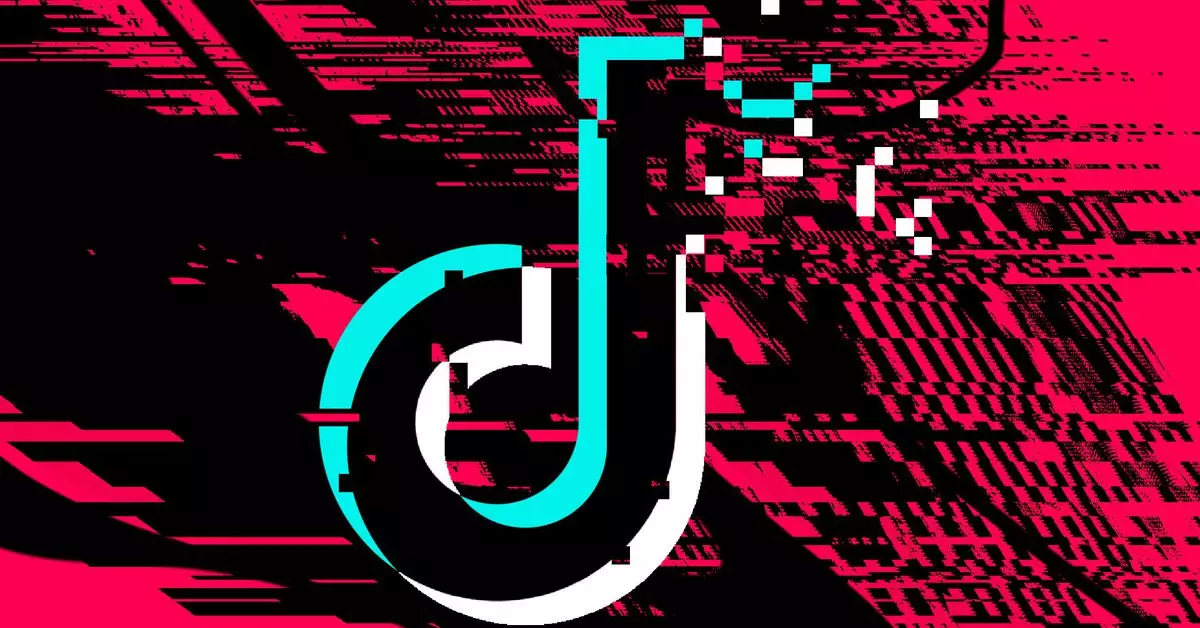As the political landscape in the United States continues to shift, TikTok finds itself at the center of a contentious debate. With the impending transition from the Biden administration to the Trump administration, various stakeholders are expressing their concerns regarding TikTok’s operations in the U.S. The platform’s potential removal from the market has raised critical questions about corporate liability, government regulation, and the influence of political figures in technological affairs.
White House Press Secretary Karine Jean-Pierre’s recent comments shed light on the administration’s stance regarding TikTok’s threats of going ‘dark’—a term often used to signal a temporary withdrawal from public platforms or services. Jean-Pierre characterized TikTok’s warning as a “stunt,” indicating that the current administration does not see any immediate basis for action from TikTok or similar companies. Her assertion—that the responsibility for addressing concerns over the potential ban rests with the upcoming administration—highlights a clear division in governmental responsibility as the political tide turns.
This response wasn’t merely a dismissal of TikTok’s anxiety; it demonstrated a strategic approach to the impending change in leadership. By deflecting responsibility onto the Trump administration, the Biden team sought to reinforce the notion that, as they unwind their predecessor’s policies, it would be up to the new administration to define the operational environment for tech platforms.
In a bid to assert some control over the narrative, TikTok CEO Shou Chew has called upon Donald Trump, expressing gratitude for his past support. This tactic seems designed to build a bridge with the incoming administration, potentially mitigating the fallout of stringent regulations. Chew’s engagement with Trump insinuates a hope for an amicable resolution rather than a combative clash that could result from the court’s recent upholding of the ban.
Furthermore, the uncertainty surrounding Trump’s ability to extend the ban adds a layer of complexity. While Trump hinted at a possible “90-day extension,” the operational mechanics of enforcement remain foggy. The essential question arises: can a former President effectively alter a legally binding decision that is supposed to take effect in a matter of days?
The interaction between TikTok, Apple, and Google introduces yet another complication in the narrative. Both tech giants are now caught in a precarious position, assessing the risks associated with continuing to host TikTok amidst the looming ban. Their decisions will likely reflect not just on their operational mandates, but also on the broader regulatory landscape and public sentiment toward Chinese-owned applications in the U.S. market.
As we observe this evolving scenario, it’s evident that the fate of TikTok in the U.S. is not only a question of compliance but also a reflection of the intricate interplay between corporate interests and evolving political agendas. The coming days will be crucial as the impending administration prepares to navigate these turbulent waters, potentially setting a precedent for how technology companies are regulated in the future.
In a climate where the stakes are high, every decision made by TikTok, the tech giants, and the incoming administration will have lasting implications for digital privacy, security, and international business relations.


Leave a Reply